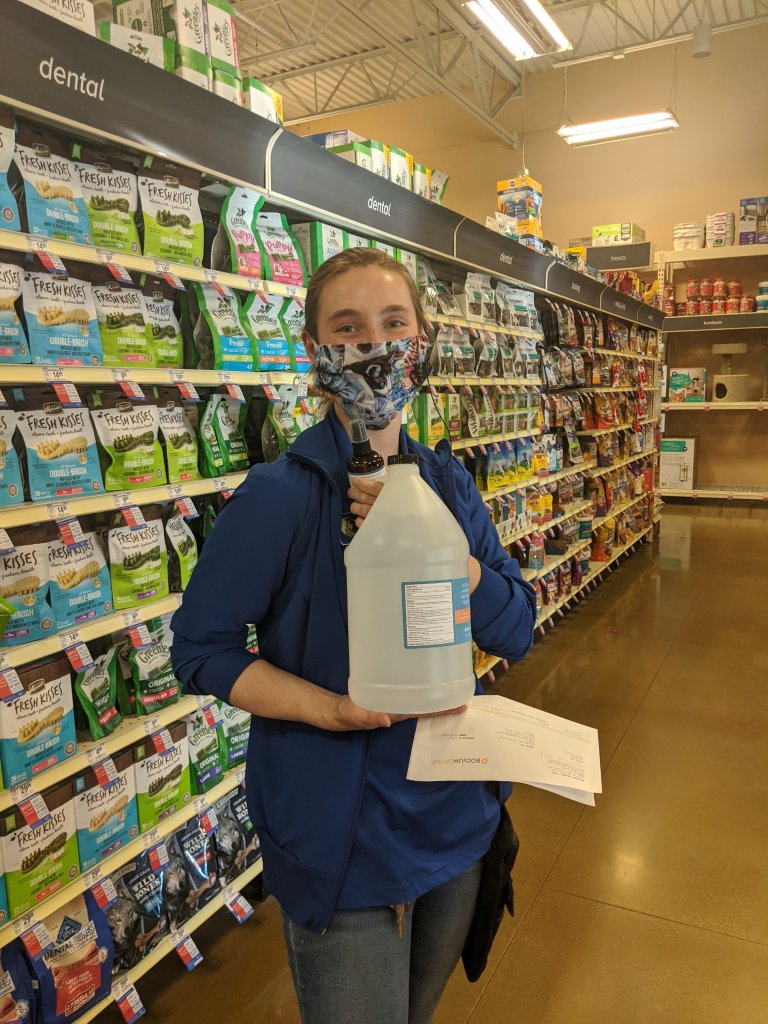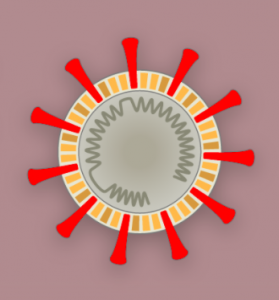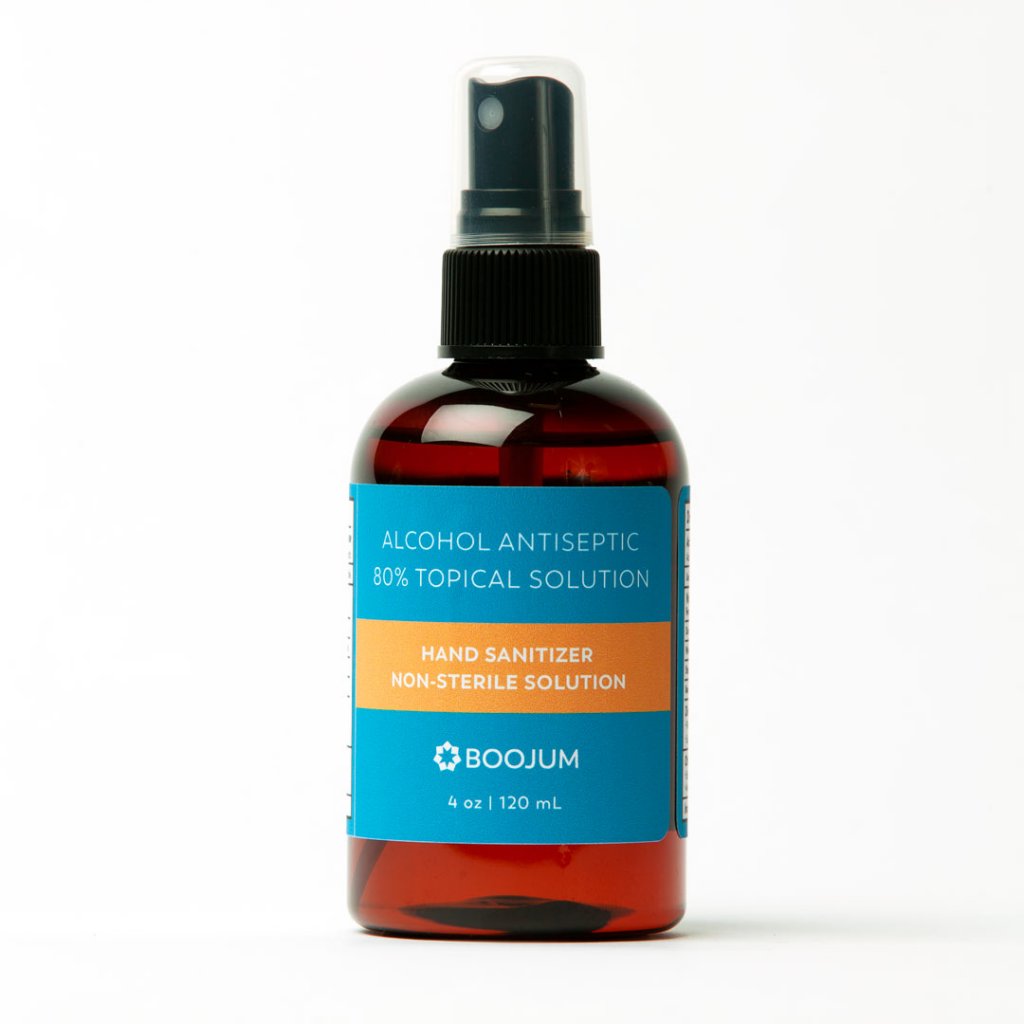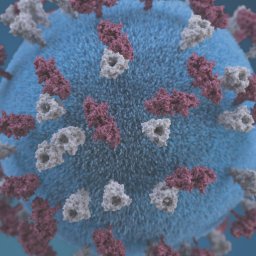
Most Americans have by now found themselves at some point pacing a supermarket floor, scanning aisles of disinfectants, sanitizers, soaps, and scrubs. These essentials have always been mostly an afterthought for many of us, and it’s probably fair to say most Americans hadn’t spent much time comparing small print to make sure their surface cleaner kills viruses, or splurged on toilet paper simply because it was the only pack left in the store, until this spring.
While most Americans aren’t going to like any of the ancient toilet paper substitutions we might suggest, we DO have a hygiene-hack for pathogens that goes back more than 650 years. Alcohol. Now, before you go running to your liquor stash, you should know that your average bottle of vodka only has 40% alcohol content, which is well below the 60-90% considered effective by the FDA. Here at Boojum Group, we exclusively use 200-proof ethanol (which means 100%—always divide the proof by 2 to get the percentage of alcohol in the solution) in our manufacturing processes.
First of all, alcohol works against the Coronavirus the same way that soap does, so if you have the time and water to wash your hands well for 20 seconds, do that. There is no magical mechanism or special power in hand sanitizer that makes it more effective than plain old soap. Both work the same way, because Coronaviruses are enveloped viruses (the norovirus, which is often associated with food poisoning, does not have an envelope, and so is more resistant to soap and alcohol). This means that the virus is surrounded by an envelope, or bubble, composed of lipids (which are fats) and protein. If we can burst the bubble, we deactivate the virus. If you’re interested in more about how the Coronavirus works, check out this infographic we love from the NYTimes.
So how do we obliterate the fatty envelope? Well, lipids are non-polar, aka hydrophobic (which means water fearing – think of oil or other fats, they do not mix with water). To break them up, we need a molecule that has both hydrophobic properties and hydrophilic (or polar) properties to pull the lipid bilayer apart. Ethanol molecules have both polar (hydrophilic) and non-polar (hydrophobic) ends, allowing them to break up the envelope and deactivate the virus. Soap molecules also have both properties (which is why soap is good at cleaning up oily substances like butter or grease), and can similarly destroy the virus envelope if given the chance (a 20 second wash in warm water is recommended).

While alcohol has been used as an antiseptic for centuries, hand sanitizer hasn’t been around for all that long. It was first introduced in medical settings in the late 60s, and wasn’t a household product until the 90s. As the average American’s life sped-up and mobilized, so did the need for a quick disinfecting solution on-the-go, and personal-use hand sanitizers are now the norm in backpacks and glove compartments across the country. A vast array of products have proliferated to fill the demand, and since hand sanitizer is a pretty simple concept, most are effective (in these high-stakes times, though, ensure that you are using an alcohol-based sanitizer, other non-alcohol sanitizers don’t yet have sufficient evidence of their efficacy.) Having 60-90% alcohol content is considered effective, but for clinical settings 70-95% is recommended. At Boojum Group, we formulated ours to have 80% ethanol, or enough to be considered sufficient in any setting.

If we’re going for as effective a recipe as possible, though, why not use 100% ethanol? Well, first of all, pure ethanol would evaporate too quickly, drying out skin and not giving the molecules time to destroy the virus envelope before drying. When some water is mixed in with the alcohol, it actually works faster and more effectively at deactivating the virus. In addition to ethanol and water, our hand sanitizer contains glycerin, a humectant (a substance that retains moisture) which serves as an emollient to moisturize skin and protect it against dryness and dermatitis; and hydrogen peroxide, a simple antiseptic used since the 1920s that destroys many viruses, bacteria, yeasts, and spores. While we enjoy getting creative here at Boojum Group, we’ve formulated our hand sanitizers to the exact specifications offered by the FDA and the WHO to ensure that it is safe and effective at battling this pandemic.
We’ve been selling hand sanitizer to our friends and local communities, with special rates for medical professionals and other essential employees, but as the pandemic drags on, we’ve decided to offer this much needed essential to our wider community as well, both close to home and around the country. Hands are one of the main routes that viruses use to get into your respiratory system, and we want to help keep hands and communities around our country clean and safe! Thank you for joining us.

